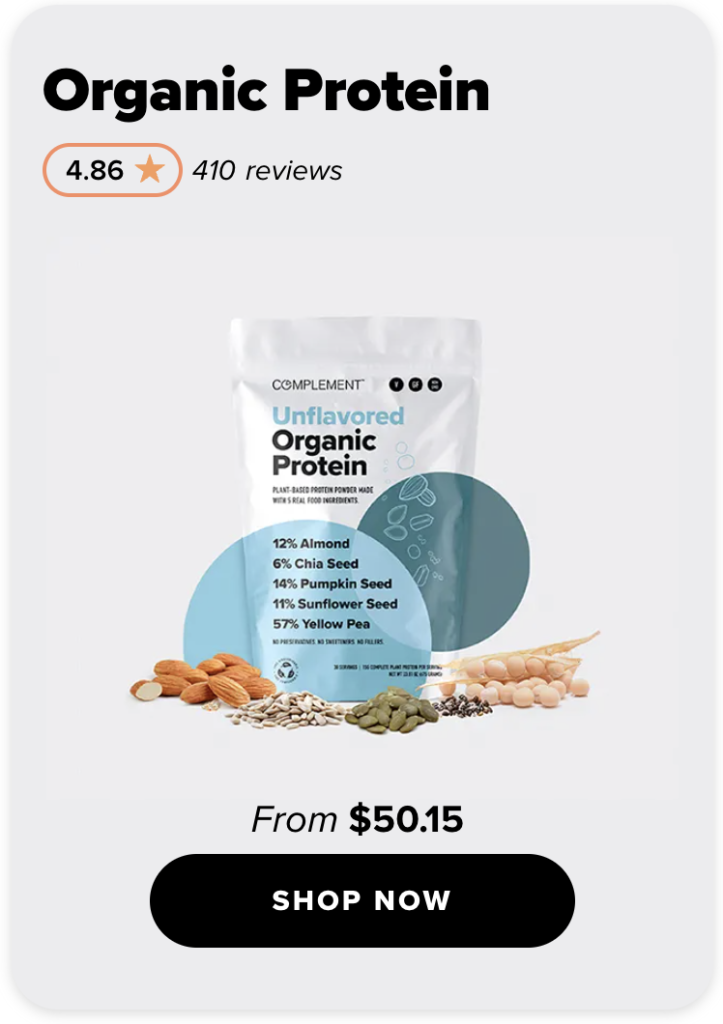In recent years, both the ketogenic diet and the vegan diet have become increasingly popular for weight loss. But which one is better for achieving weight loss goals? This article will compare the ketogenic diet and the vegan diet in terms of weight loss effectiveness, nutrient content, and potential health risks.
What is the ketogenic diet?
The ketogenic diet, or “keto” for short, is a high-fat, moderate-protein, and very low-carbohydrate diet. The idea behind this diet is to force the body to burn fats rather than carbohydrates for energy, which leads to weight loss and a reduction in body fat. This is achieved by drastically reducing the intake of carbohydrates, typically to less than 50 grams per day, and increasing the intake of healthy fats and moderate amounts of protein. This metabolic state, where the body burns fat for fuel instead of carbohydrates, is known as ketosis. The ketogenic diet is often used as a therapeutic diet for certain medical conditions, such as epilepsy, but it has also gained popularity as a weight loss diet.
What is a vegan diet?
On the other hand, a vegan diet is a diet that excludes all animal products, including meat, dairy, and eggs. Some vegans also avoid animal-derived ingredients such as honey and gelatin. Veganism can be a diet or a lifestyle choice, which is based on moral or environmental concerns. A vegan diet is rich in fruits, vegetables, whole grains, legumes, nuts, and seeds and encourages a variety of plant-based options. It is also a good way to increase the intake of fiber, vitamins, minerals, and antioxidants that are beneficial for overall health. A well-planned vegan diet can be nutritionally adequate and provide health benefits such as reducing the risk of certain chronic diseases. However, care must be taken to ensure that all nutrient needs are met through food or supplements.
Keto vs Vegan for Weight Loss
Both the ketogenic diet and the vegan diet have been shown to be effective for weight loss, but there is limited research comparing the two diets head-to-head. A 2020 systematic review and meta-analysis published in the Journal of the Academy of Nutrition and Dietetics found that, while both vegan and low-carbohydrate diets led to weight loss, the low-carbohydrate diet resulted in slightly more weight loss overall. However, it’s important to note that the vegan diet was also associated with a greater reduction in body fat percentage.
A 12-week randomized controlled trial published in the Journal of General Internal Medicine in 2019 found that both a low-carbohydrate diet and a low-fat vegan diet led to similar weight loss and improvements in metabolic health markers.
In general, both keto vs vegan diets can help you lose weight if you stick to the diet, control your calorie intake, and are consistent with your weight-loss efforts. However, weight loss success can also depend on a person’s individual metabolism and activity level.
Keto vs Vegan Nutrient Content
The nutrient content of the ketogenic diet and the vegan diet can vary greatly depending on the specific foods that are consumed. A well-formulated ketogenic diet should provide sufficient protein, healthy fats, and a wide variety of vegetables, while a vegan diet should include a variety of plant-based foods, to provide all the essential nutrients.
The ketogenic diet can be low in certain nutrients, such as fiber and certain vitamins and minerals. This is due to the restriction of certain high-carbohydrate foods, such as fruits, grains, and legumes. The Vegan diet, on the other hand, is often high in fiber, antioxidants, and phytochemicals. It also provides a good source of vitamins and minerals such as vitamin C, vitamin E, and magnesium.
However, a vegan diet can be low in certain essential nutrients such as protein, vitamin B12, calcium, iron, omega-3 fatty acids, and zinc if not properly planned. Individuals on a vegan diet should consider supplementing with vitamin B12 and consider consuming fortified foods or supplements to meet their nutrient needs.
Health Risks of Keto and Vegan Diets
As with any restrictive diet, both the ketogenic diet and the vegan diet can come with certain health risks if not properly planned.
The ketogenic diet can lead to nutrient deficiencies, ketoacidosis, and an increased risk of heart disease due to its high saturated fat content. It can also lead to constipation and other digestive issues. A well-formulated ketogenic diet should include a variety of nutrient-dense foods, such as leafy greens, nuts, and avocados, to minimize these risks.
A vegan diet, if not properly planned, can lead to nutrient deficiencies such as protein, vitamin B12, calcium, iron, and omega-3 fatty acids. It is important for individuals on a vegan diet to consume a variety of nutrient-dense plant-based foods and consider supplements to meet their nutrient needs. Additionally, a vegan diet can also lead to constipation and other digestive issues if high-fiber foods are not consumed regularly.
Conclusion
Both the ketogenic diet and the vegan diet can be effective for weight loss, but the best diet for an individual depends on their individual needs, preferences, and health status. A well-formulated ketogenic diet can be high in healthy fats and provide a wide variety of vegetables, while a vegan diet should include a variety of nutrient-dense plant-based foods. It is important to consult with a healthcare professional or a registered dietitian to determine the best diet plan for you and your individual health needs when considering keto vs vegan.
References:
- Gardner, C. D., Kiazand, A., Alhassan, S., Kim, S., Stafford, R. S., Balise, R. R., … & Bravata, D. M. (2007). Comparison of the Atkins, Zone, Ornish, and LEARN diets for change in weight and related risk factors among overweight premenopausal women: the A TO Z Weight Loss Study: a randomized trial. JAMA, 297(9), 969-977.
- Leleu, S., Tran, T., & Koppe, L. (2019). Low-carbohydrate and low-fat vegan diets improve glycemic control and cardiovascular risk factors in a randomized crossover study. Journal of General Internal Medicine, 34(7), 940-948.
- Reusing, C., Lutjohann, D., & von Bergmann, K. (2020). Effects of vegan and low-carbohydrate diets on weight loss and cardiovascular risk factors. Journal of the Academy of Nutrition and Dietetics, 120(7), 1103-1114.
- Some research for this article compiled with the assistance of ChatGPT/OpenAI







